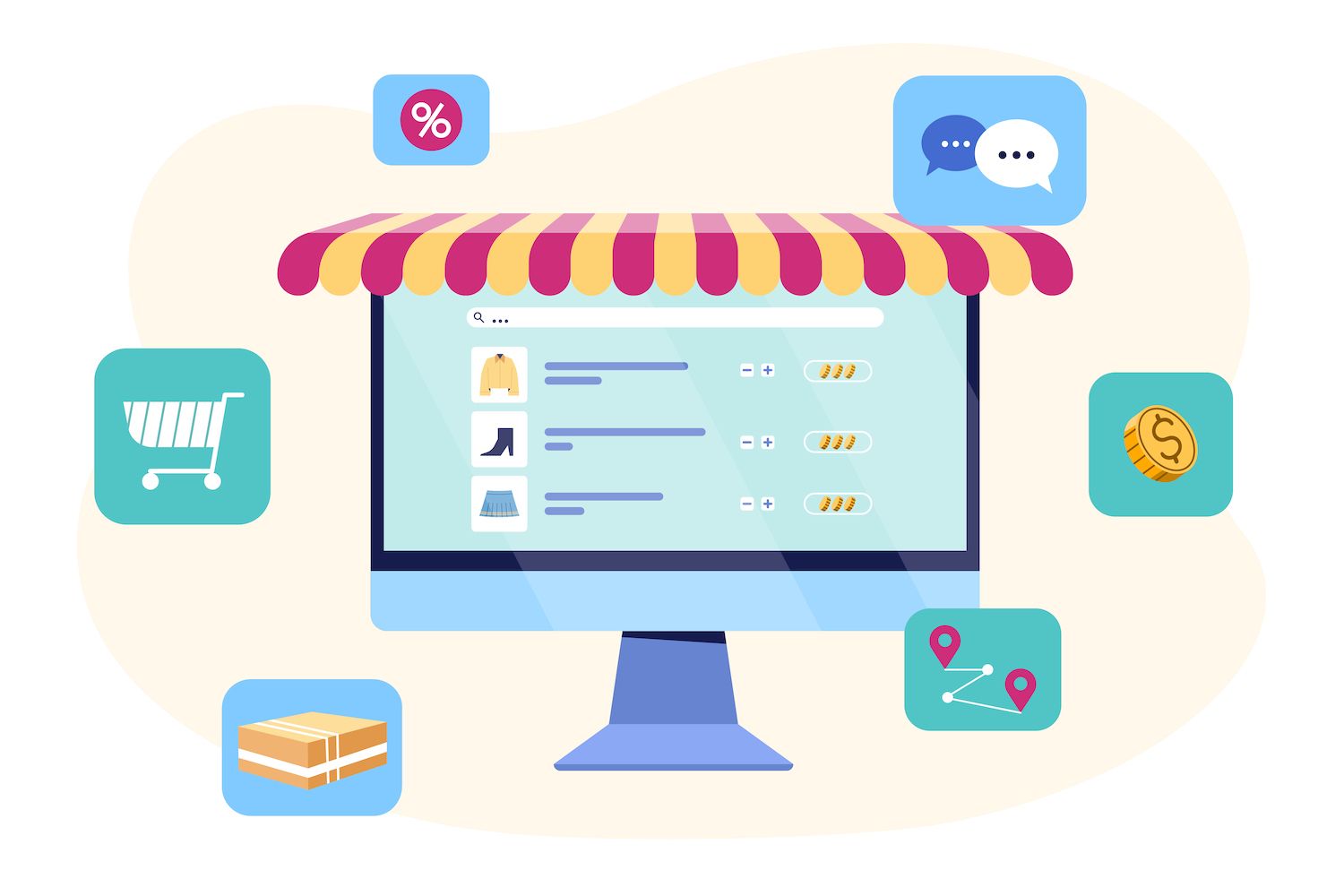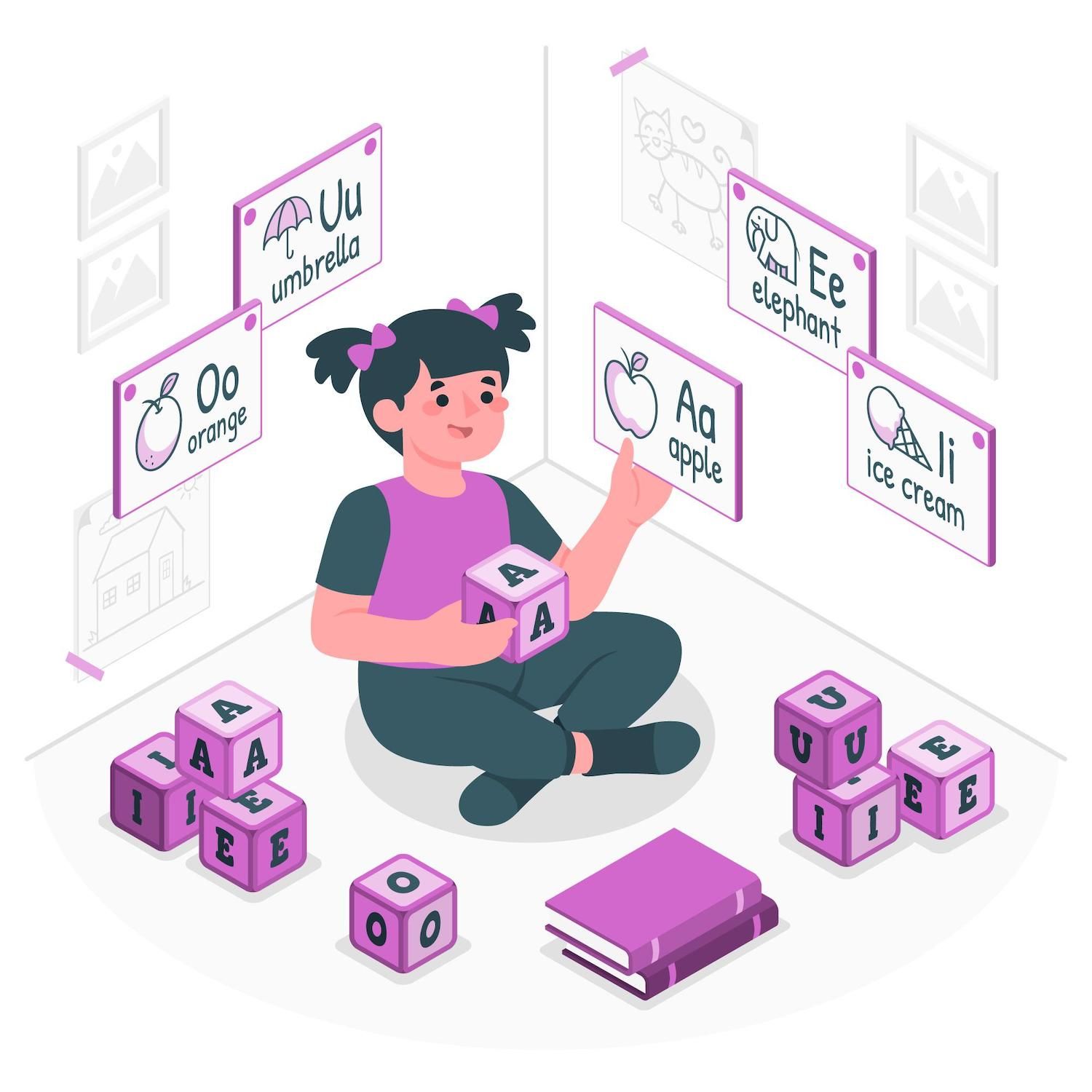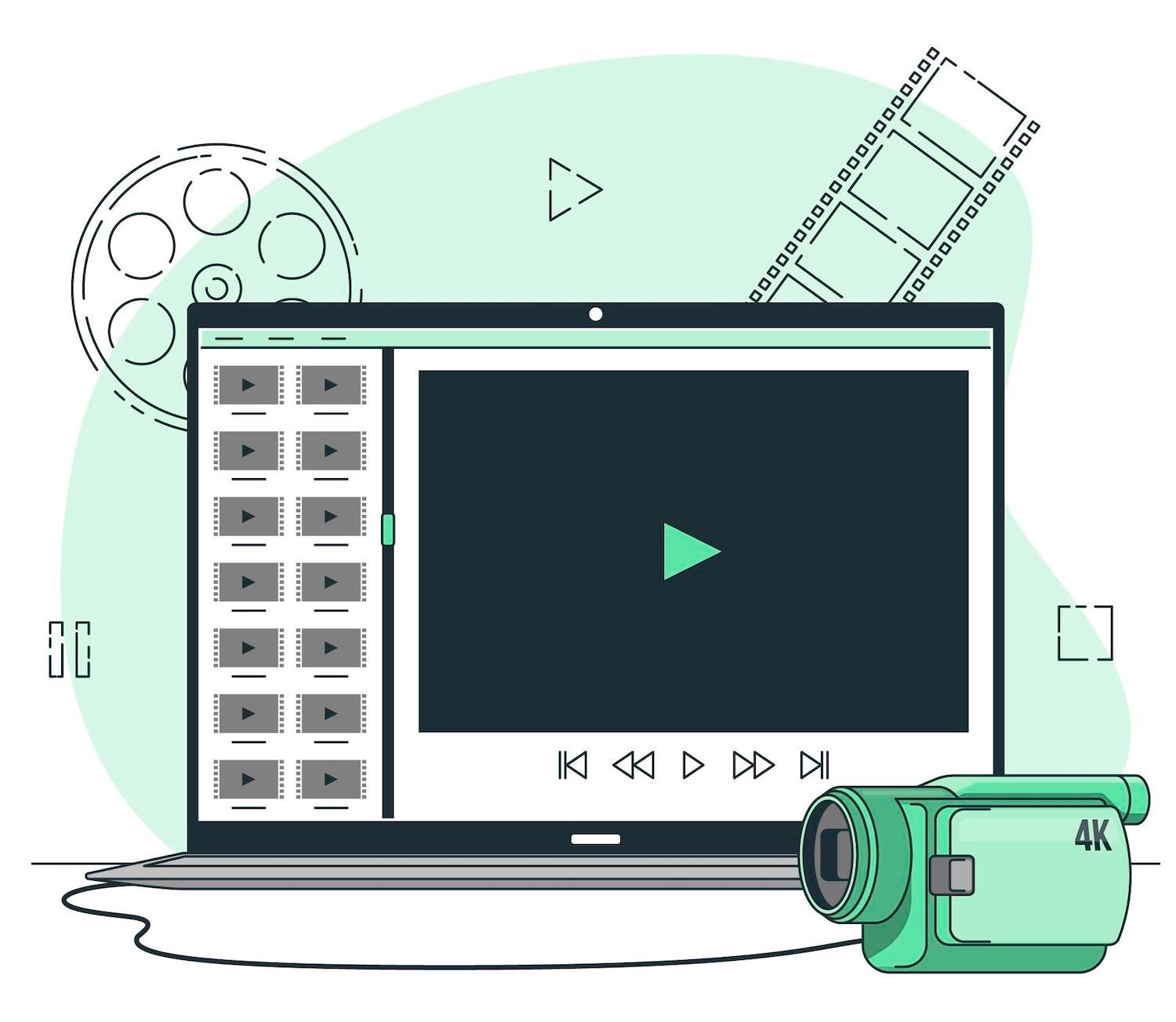How do you sell a mobile App or Game outside App Stores -
We thank Tony Markov for contributing to this article!
If you're not certain what to do to market your app direct to consumer (D2C) outside the apps stores or looking for a new way to monetize your game or mobile app and game, you might be wondering what possibilities you have.
Steep fees from platforms like the Apple App Store and Google Play could make it difficult for game developers and creators to look beyond the convenience and ubiquity of traditional app marketplaces however, the restrictions of platform owners are making it complicated.
However, because of ongoing court cases and the development of new rules and laws The mobile world is changing.
You might have more options than you initially thought, but where do you start?
In this piece will cover:
- Current app store practices and costs.
- Different tools that you could use to monetize apps and games outside the app store.
- Highlights from the most recent U.S. and European legal reports that could affect app sales and game revenue.
How Mobile App Stores Work Currently
Making up the majority of smartphone OS's market share globally, Android with the Google Play Store and iOS through the Apple App Store enjoy the duopoly of mobile software distribution as well as mobile app e-commerce across the globe. As these markets begin to expand and are becoming more accessible, it's important to know the model that app stores were previously operating under.
On the plus side, since the most popular app stores are utilized by almost every single person on earth with a mobile phone, the potential to draw new customers to your application or to play your game is unparalleled. Additionally, apps provide a simple and easy way for players to purchase and download new apps and in-app purchases through a marketplace they already trust, and by using the payment method they've added to their accounts.
App stores can also facilitate app developers to distribute their applications. They also manage essential aspects of transactions, such as varied payment methods and currencies, fraudulent transactions and technical assistance related to the transaction, as well as collecting and paying sales taxes.
However, that convenience isn't without a price for developers.
What are the Downsides of Monetizing via Major App Stores
In the event that your app or game can be accepted by the gatekeepers for the mobile app store initially The complete absence of competition means that fees for sales through iOS as well as Google Play app stores are extremely high, usually at least 30%..
The same fees apply to purchases in game. That means, regardless of whether you decide to launch a completely free app and then monetize it through in-app purchases, your players and customers will be charged hefty charges to app stores.
Passing the Fees -- Or the Savings -for Consumers
Some apps are starting to announce that at least a portion of their high-cost app store charges will be passed directly to the buyers, despite there are alternatives at lower cost alternatively.
Otter's 2023 Pro Pricing Changes
Otter revamped its pricing options at the mid-point of 2023. price changes for packages coming into effect in the month of August 2023..

There was a interesting Pro option: Paying for a yearly subscription via Apple App Store or Google Play Store can cost customers an extra 10 dollars which will increase the cost approximately 8%, between $119.99 to $129.99 USD.
In order to explain how customers are able to avoid the charge, Otter placed a green "Tip" box beneath on the Otter Pro pricing grid, informing users that they can "Learn how you can transfer your Apple App Store or Google Play Store subscription to Otter via Web ."

In order to address the pricing disparity in more detail, read in the FAQ section at bottom of the announcement page states that the price increase via apps stores "reflects the cost of additional fees to host the Otter.ai subscriptions in both Apple and Google's storefronts for apps."
It continues to explicitly recommend users remove their existing Apple App Store or Google Play Store subscription, and then renew their subscription on Otter's site..
The Growing Trend of the Purchase of Video Game Accounts by Users
As with Otter, many game app developers are offering discounted prices to users if they purchase from outside the app through an account outside of the app that is tied back to the app.
Developers may advertise these types of discounts and user accounts through their websites.

App developers make it quick for a user to sign up for an account by using the app on the phone, then pressing the button to sign up for a user account, and completing registration.
Users can then make purchases from the developer's website directly, for much lower prices than if they made the same purchases within the application. (More on user accounts below.)

The List of App Development Companies Selling D2C is Growing
Although there are many advantages of selling apps and games through apps and games through iOS App Store and Google Play however, the drawbacks of pricing as well as the restrictions on distribution for games means that, when court proceedings continue to rage on and regulations are introduced to open the marketplace, many developers will wonder whether they could apply an effective D2C strategy for their app or game.
How To sell Apps outside App Stores
However, the Otter app cannot be available for download via the Apple App Store, or Google Play Store -- and Otter has a premium cost if customers have to pay for their yearly Pro subscription using the stores -- there's an alternative that's less expensive for their users: Downloading the application from any of these stores and then paying for their service on Otter's own website by using a different service supplier.
This model is an example of the difference between the distribution of apps through marketplace for apps, as well as making money from apps through app marketplaces.
Although downloads for your application belong to a store that is owned by a third party, that does not mean that it's the only method for users to pay for the features or services you offer.
Here are some key things to consider in establishing your own option for monetization independent of the major marketplaces for apps.
Pick a Payment Provider
There are numerous options for payment service providers (PSP) and merchants of record (MoR) available that you can set up to accept payments that are not accepted by apps that are device-captive.
However, there's a major differentiator between payment services companies and merchants of record.
A PSP assists businesses in selling their products through the specific connectivity and services required to do so (such for connecting payment processors, payment gateways as well as a merchant account).
A MoR as a whole and assumes important responsibility such as worrying about card brand rules, regulatory guidelines in various countries, risk, sales taxes as well as VAT, and much more. It also includes collecting, calculating and remitting taxes.
Why not just pick a Lower-Cost Solution like Stripe?
Stripe comes with multiple upgrades to cover some of these needs, but every upgrade will raise the cost.
Users Accounts
For the purpose of connecting purchases from your checkout options and your app that was downloaded from an app marketplace, you'll likely require some sort of user account system for users to monitor -- and get in-app credit for purchases.
Users with accounts can use their account to make purchases outside of those on the App Store and Play Store after which they sign in to your app and see your purchase credit there.
In the case of , we offer customers with customer support -- so if they have any issues concerning their purchase, or with their payment account, we'll be available to assist.
Purchases tied to users accounts usually take the form of in-app currency or subscriptions.
In-App or In-Game Currency
To make your app monetizable using in-app or in-game currency The currency is bought by using actual money from your site, and is then used inside your application for things or features.
For numerous games for mobile, games use in-game currencies that includes gems, coins gold, coins, or some other special fictional currency which players can redeem for bonuses within the game. It is usually purchased in various packages, with web-exclusive pricing offered in the event that users exit the app and buy straight from the game developer's site.
Subscriptions
Rather than individual purchases as necessary, you might prefer to offer access to your app (or the premium services and features) via a subscription, typically available either monthly or annually.
In addition to a no-cost option the Otter's plans are also available as monthly or yearly subscriptions.

Updates and Items
Items and upgrades are yet an additional option to monetize your application. These are a great alternative to different options, such as subscriptions or currencies in-app, or could work to them.
The case is Otter offering an unpaid version of their service (either via web or using their app) Upgrades such as additional transcription time, team collaboration, and more advanced export options motivate users to join their Pro and Business packages.
In the case of games, the options are virtually limitless including exclusive characters, items or power-ups in order to encourage players to buy on the site and then redeem within the application.

Legal News Re: App Revenue and Monetization
If you're unfamiliar with the current and ongoing legal battles that could impact the both Google and Apple's online stores in some way it's been a few in the U.S. and Europe alone.
The Digital Marketing Act (DMA)
Epic Games' Lawsuits
Following the incident, Epic Games used discounts to encourage Fortnight users to use discounts, and encourage Fortnight customers to pay using a different payment system instead of the app marketplaces, both Apple and Google then took Fortnight from their stores in the year 2020. Epic Games then separately sued both Apple as well as Google.
In the Google case, appeals also continue, but the court in December 2023 found in favor of Epic in all aspects.
State-Led Cases
Join With

